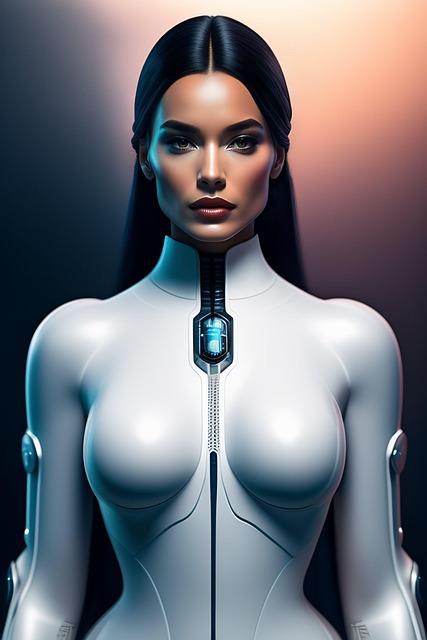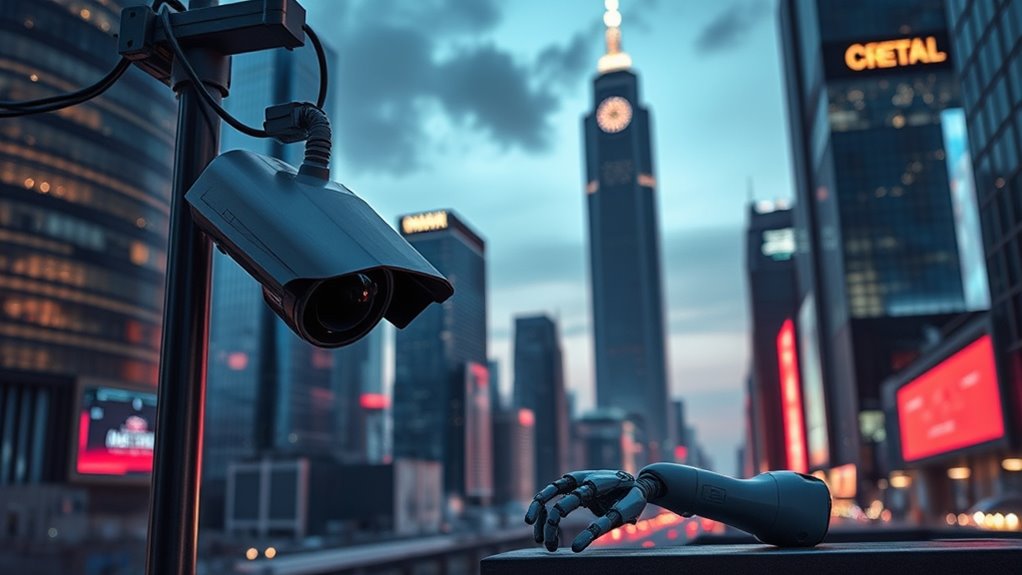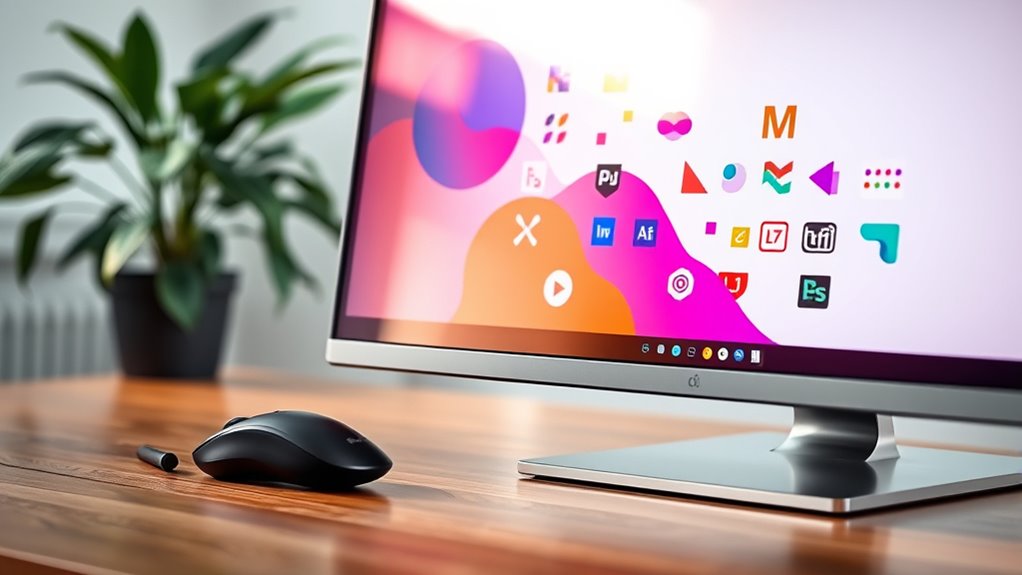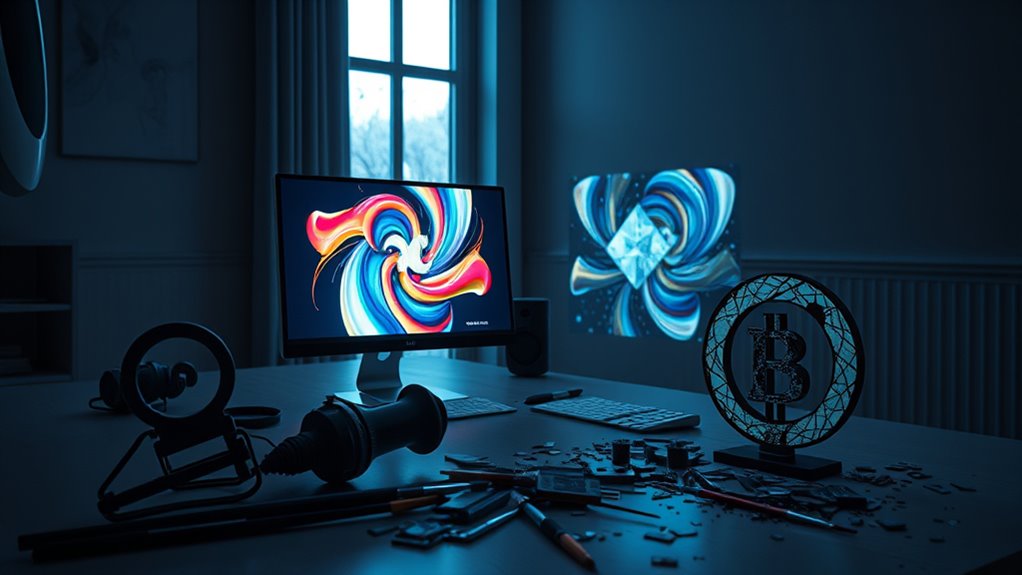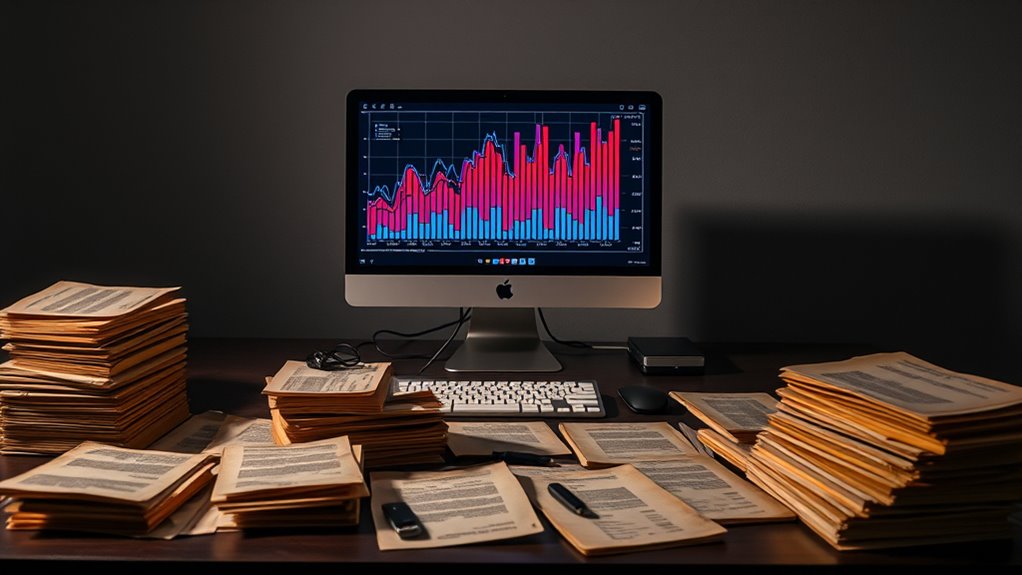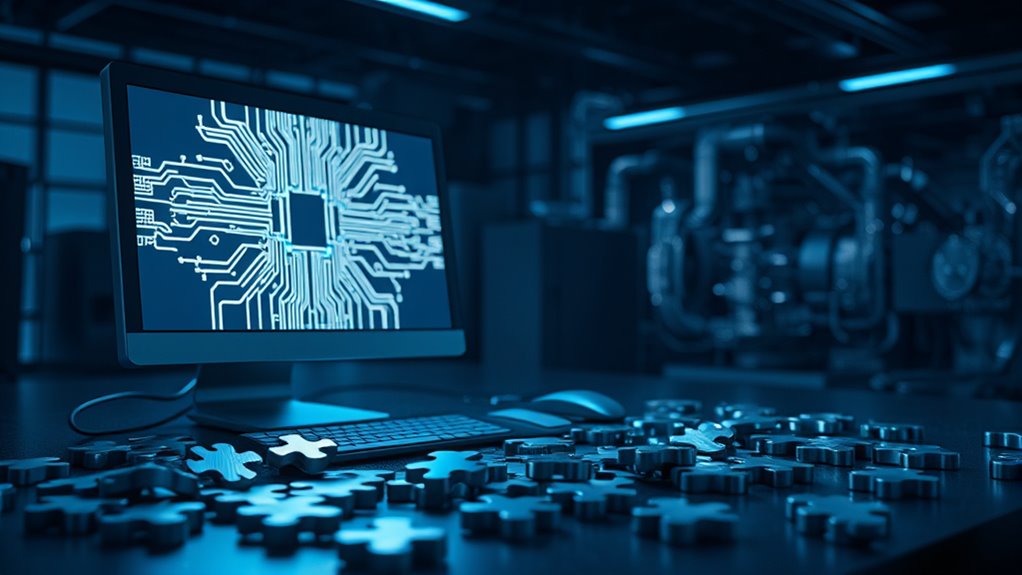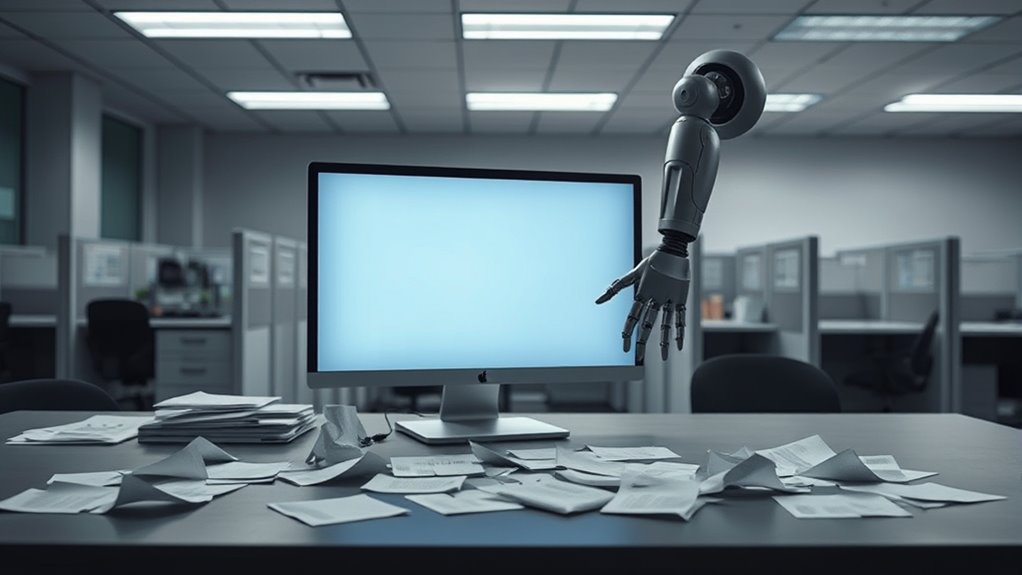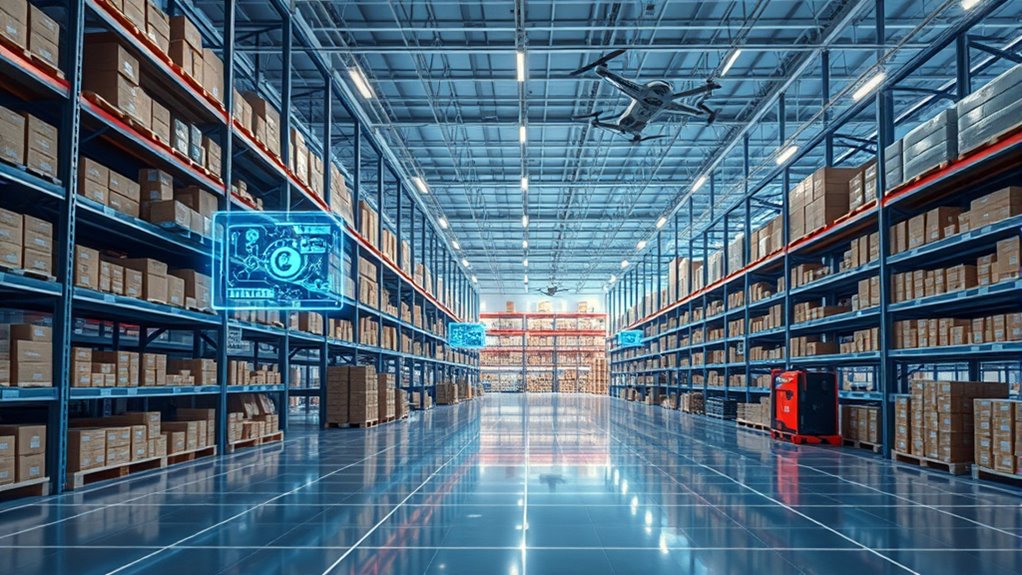How is artificial intelligence, or AI, shaping our world today? It’s changing lives in big ways, from how we use gadgets to how businesses run. AI is in 77% of devices people use, like phones and smart speakers. It’s also growing fast in companies, with 78% of them using AI in 2024, up from just 20% in 2017. But not everyone feels the same about it. In the U.S., 52% of people are more worried than excited about AI in daily life, while only 10% are thrilled.
AI is transforming our world, embedded in 77% of devices and used by 78% of companies in 2024, yet 52% of Americans remain worried.
Many folks have mixed feelings. About 55% of Americans use AI regularly, but only 33% think they do, showing a gap in understanding. Half of consumers feel hopeful about AI’s future, yet concerns linger. Some believe AI can help fix issues like racial bias in health and hiring. Others worry it might make biases worse if it learns from unfair data. Privacy is another big issue since AI often uses personal info. Additionally, a significant portion of the public, around 60% of Americans, feels uncomfortable with AI making healthcare decisions.
On the money side, AI’s impact is huge. It’s expected to add $15.7 trillion to the world economy by 2030. Businesses are jumping in, with 35% already using AI and many seeing it as a way to stay ahead. It might cut 85 million jobs by 2025, but it could also create 97 million new ones, leading to a net gain of 12 million jobs. Still, some worry about jobs like content writing, with 81.6% of digital marketers thinking those roles are at risk. Experts also predict that human-level AI may emerge within decades, adding another layer of complexity to job market predictions. Moreover, new roles such as AI ethicists are emerging to address the moral implications of AI integration in various industries.
AI’s tech side is booming too. Generative AI, which can make things like articles, is becoming more common. About 85.1% of AI users work with these tools. Yet, only 14.6% of AI tech is fully in use at companies, showing there’s room to grow.
There’re ethical questions as well. If AI learns from bad data, it can keep unfairness alive. Creating fair rules for AI is important to many. As AI keeps changing the world, its good and bad sides are clear. Society’s watching closely to see how it all plays out.

